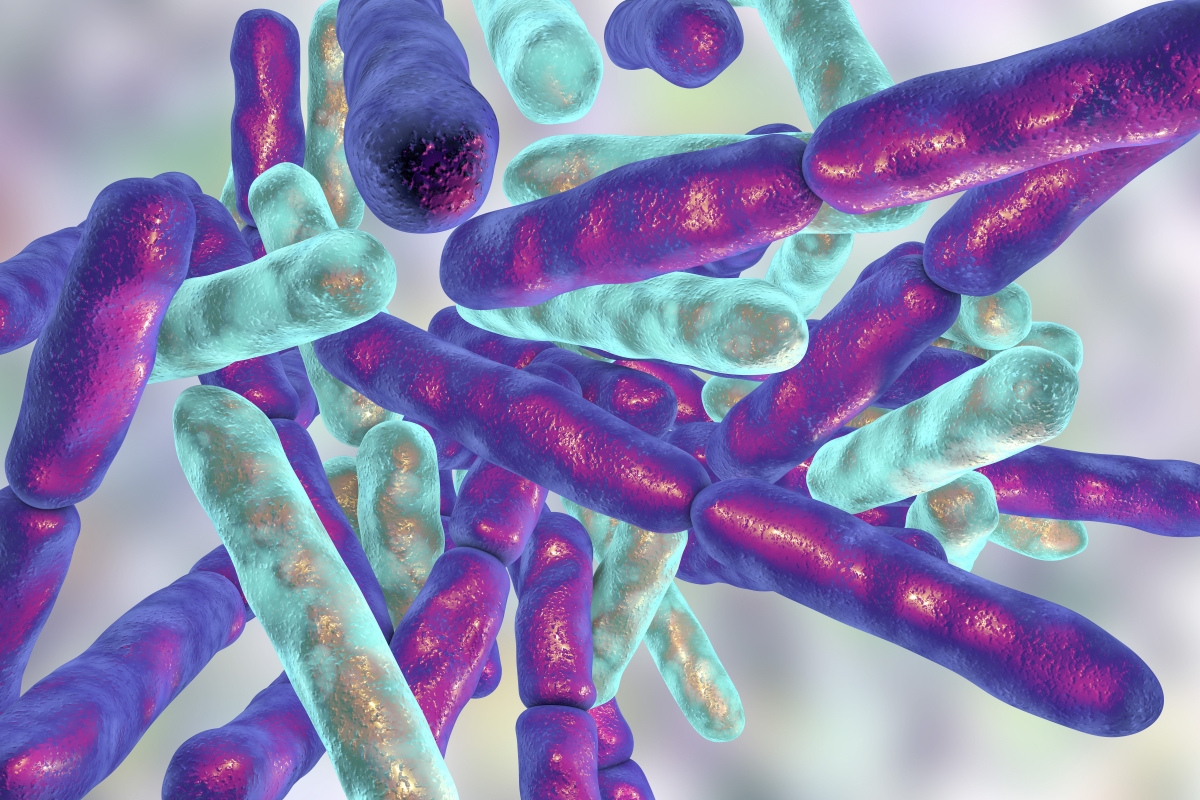Assessment of psychotropic-like properties of a probiotic formulation (Lactobacillus helveticus R0052 and Bifidobacterium longum R0175) in rats and human subjects
A probiotic formulation (PF) including Lactobacillus helveticus R0052 and Bifidobacterium longum R0175 (PF) reduced gastrointestinal pain brought on by stress in prior clinical research. Probiotics taken orally may thus have positive effects on mood and psychological discomfort, according to emerging research linking the gut microbiota to central nervous system activities. Investigating PF’s anxiolytic-like activity in rats and its potential effects on stress, anxiety, depression, and coping mechanisms in healthy human volunteers were the goals of this study by Messaoudi et al. (2011). In a preliminary investigation, rats were put to the test in the conditioned defensive burying test, a screening procedure for anti-anxiety drugs, after receiving PF daily for two weeks. The Hopkins Symptom Checklist (HSCL-90), the Hospital Anxiety and Depression Scale (HADS), the Perceived Stress Scale, the Coping Checklist (CCL), and 24-hour urinary free cortisol (UFC) were used in the clinical trial to assess volunteers’ responses to PF administered for 30 days. In particular, the HSCL-90 scale (global severity index, somatization, depression, and anger-hostility), the HADS (HADS global score and HADS anxiety), the CCL (problem-solving), and the UFC level were used to measure the effects of daily subchronic PF administration on anxiety-like behavior in rats and psychological distress in volunteers. The authors noted that, when administered together, L. helveticus R0052 and B. longum R0175 exhibit anxiolytic-like action in rats and positive psychological effects in healthy human volunteers. [NPID: Psychological adaptation, adults, anxiety, Bifidobacterium, depression, Lactobacillus helveticus, probiotics, psychotropic drugs, rats, Somatoform disorders, stress]
Year: 2011
 Navigation
Navigation






